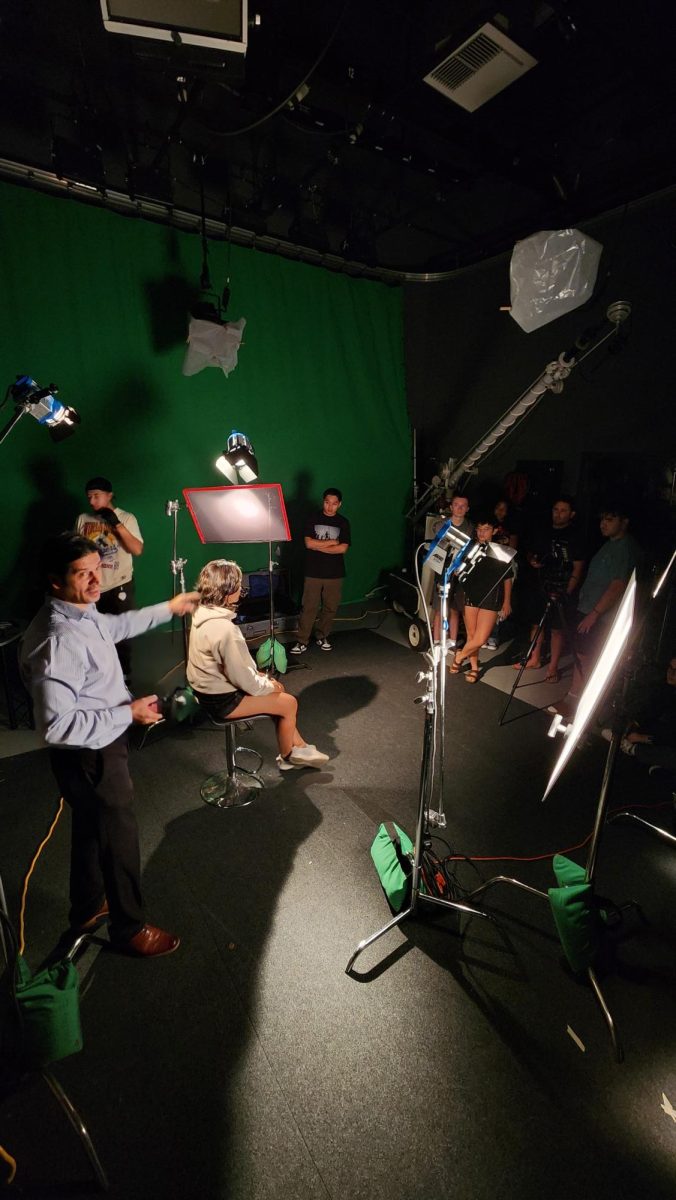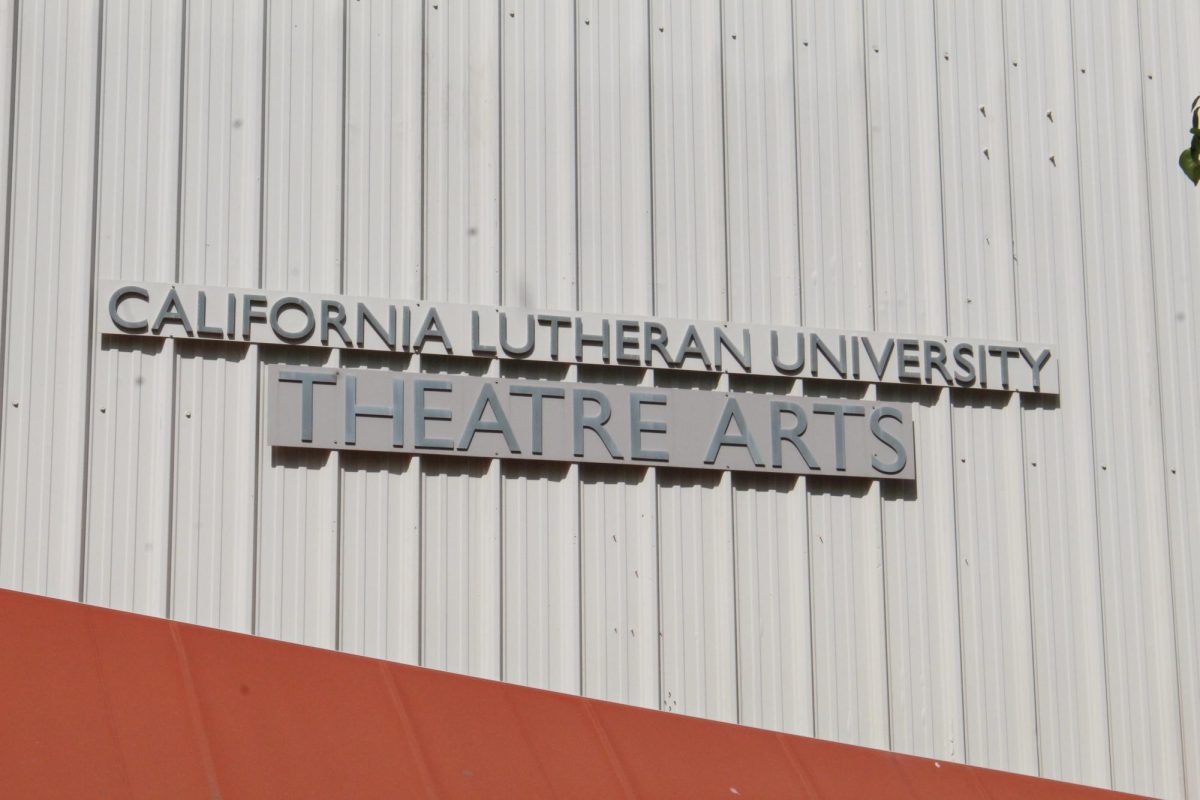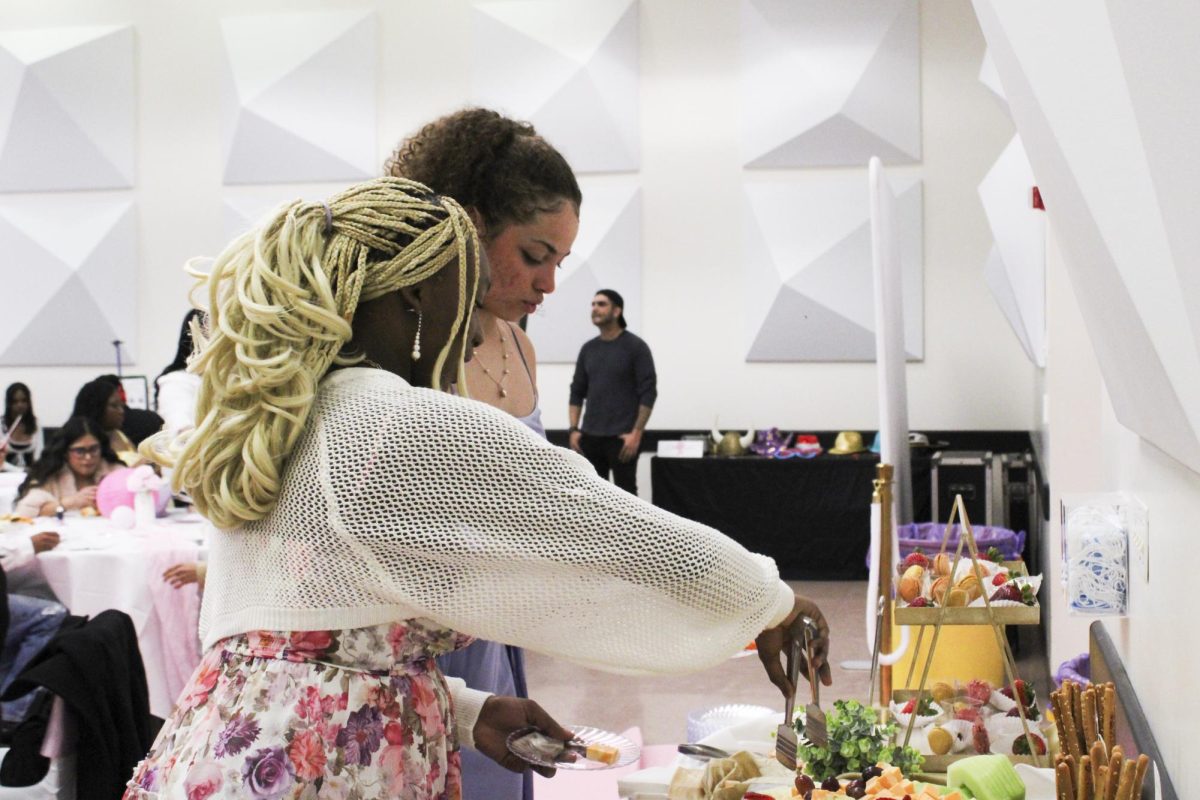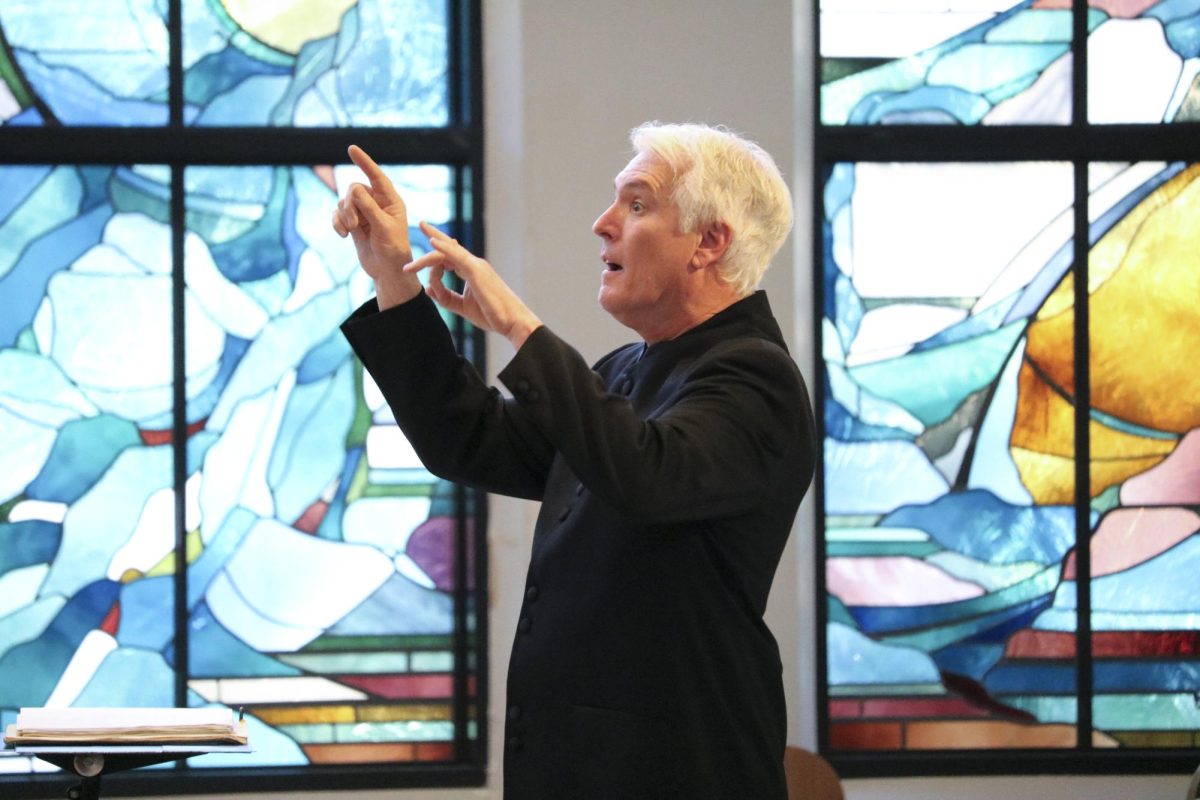The 2023 Writers Guild of America strike, which began on May 2, came to an end on Wednesday, Sept. 27. However, the Screen Actors Guild-American Federation of Television and Radio Artists strike, which began on July 14, is still undergoing negotiations of compensation acknowledged by the Alliance of Motion Picture and Television Producers.
“I heard many stories of people affected and losing their livelihood from the strike and it just breaks my heart,” senior Emily Faucret, who has been acting professionally for nine years, said.
Associate Professor and Chair of the Film and Television Department, John Fitch III, who is not a member of the Writers Guild of America, said the strike not only impacted those in front of and behind the camera, but also all supporting industries and jobs since they were put on hold for so long.
“For my students, it was a really difficult time, especially for those who just graduated,” Fitch said. “Internships were infinitely more difficult to find because of all of the ripple effects that the strike had on the industry that supports the industry.”
The Writers Guild of America strike, Fitch said, also impacted the way his classes were taught and how his classes had to adapt discussions because of the tension in the film industry.
“In the screenwriting class, it’s been something that we’ve been dealing with actively in each class thinking about, ‘okay, well how do you write for this new world, where there is a lot of uncertainty?’” Fitch said.
Faucret, whose work includes auditioning for roles in television, film, commercials and voice overs, said she was not able to audition for television or theatrical parts with the Writers Guild of America strike.
“Luckily, I was able to film a small role in a feature length film which I auditioned for before the strike and the production received a waiver, but other than that, commercial and voiceover auditions, it’s been crickets,” Faucret said.
Fitch said everything the writers asked for was exactly what they deserved, and that he personally thinks they deserved more. Studios, Fitch said, should have done the right thing to begin with in order to avoid the strike lasting as long as it did.
Sophomore and President of the Film and TV Club, Samuel Zurek, said the Writers Guild of America strike showed him that filmmaking is not just a business, but a community.
“What filmmakers want to do, at least what I want to do, is make sure that those who make films have a good environment to create those films, and have the ability to make money and make a livable wage,” Zurek said.
Zurek said the passion the writers held during the Writers Guild of America strike inspired him the most.
“I mean, they were put through the absolute ringer…it’s really great to see people starting to stand up for themselves,” Zurek said.
Zurek said powerful films such as “Juno” are things that AI can’t replicate, and that is why writers are important, as they bring emotion and human passion to films.
Faucret said she believes the writers and actors were fighting for great things.
“The fact of AI is terrifying too because they’re asking for the rights to your face, but not only your face, they want your voice too. If AI furthers, the purpose behind an actor diminishes because people can create endless movies with AI of you, without having to pay you,” Faucret said.
However, there was some good that came out of the Writers Guild of America strike, according to Zurek, such as bringing more awareness to the filmmaking community. Zurek said more people are talking about what is wrong with the film industry and proposing ways on how they can fix it.
Fitch said he wrote quite a bit during the Writers Guild of America strike since it gave him more time.
“I worked on a new TV pilot and then finished revising and rewriting a screenplay feature,” Fitch said.
Faucret said she is happy the Writers Guild of America strike has come to an end and is optimistic about an agreement for the actors and the Screen Actors Guild-American Federation of Television and Radio Artists strike as well.
Fitch said because actors and the Screen Actors Guild-American Federation of Television and Radio Artists are now united, there are still final demands that need to be examined. Fitch said he predicts further negotiations to come in a shorter amount of time.
This article was updated at 12:44 p.m. on Oct. 18 to correct that the 2023 Writers Guild of America strike, which began on May 2, came to an end on Wednesday, September 27 and the Screen Actors Guild-American Federation of Television and Radio Artists strike which began on July 14, is still undergoing negotiations.
This article was updated at 10:03 a.m. on Oct. 23 to correct that Associate Professor and Chair of the Film and Television Department, John Fitch III is not a member of the Writers Guild of America.












